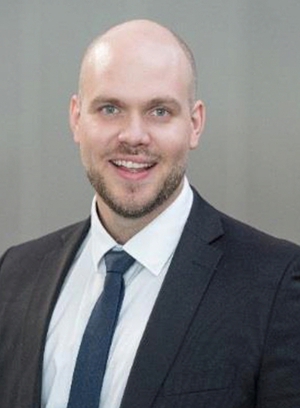We find that there are notable gender differences in several motivational factors consistent with previous research. When controlling for background variables such as gender, prior upper-secondary experience with physics, and choice of study program, we find that students who view themselves as a physics person tend to be more interested, and perceive physics as more useful for future pursuits of jobs and studies, higher attainment value and expectation for success in physics.
Therefore, it seems that one way a physics identity increases persistence in physics is by increasing the value of studying physics for the students and their expectation of success in it. However, the physics person construct does not predict well the perceived cost of studying physics. Hence, having a well-developed physics identity does not appear to enable students to see the subject as less costly.
In this talk I will give brief overview of expectancy-value theory as a theoretical framework for motivation, and explain how we have used it for the case of learning physics in higher education. I will also provide an introduction to our unit of analysis, which is structural equation modelling and factor analysis. Lastly I hope for a good discussion of the significance of these, and similar, results to instructors and teachers — and in turn our students!
Short Bio
Anders Lauland is PhD student at Department of Physics, UiO.
Please send us an email for Zoom-invitation.
The bi-weekly ODD seminar series at CCSE
The Open Discussions on Didactics (ODD) is a seminar series on Mondays at 13.00 every other week (odd week numbers).
The seminar is an informal arena to present and discuss learning theory, educational research and teaching experiences within computational science. To cater to the highly heterogeneous backgrounds and interests of students, teachers and researchers in our environment, we aim for seminars that introduce listeners to new ideas within a broad spectrum of aspects, and that invites reflection and discussion.
Presentations need not be mature and polished - to the contrary we hope that as many as possible wants to share undigested observations and reflections in short presentations of varied form and topics. We hope to have enough contributions to frequently have the meetings as lightning talk sessions, where three different speakers will each give a 5-10-minute presentation followed by discussion.
